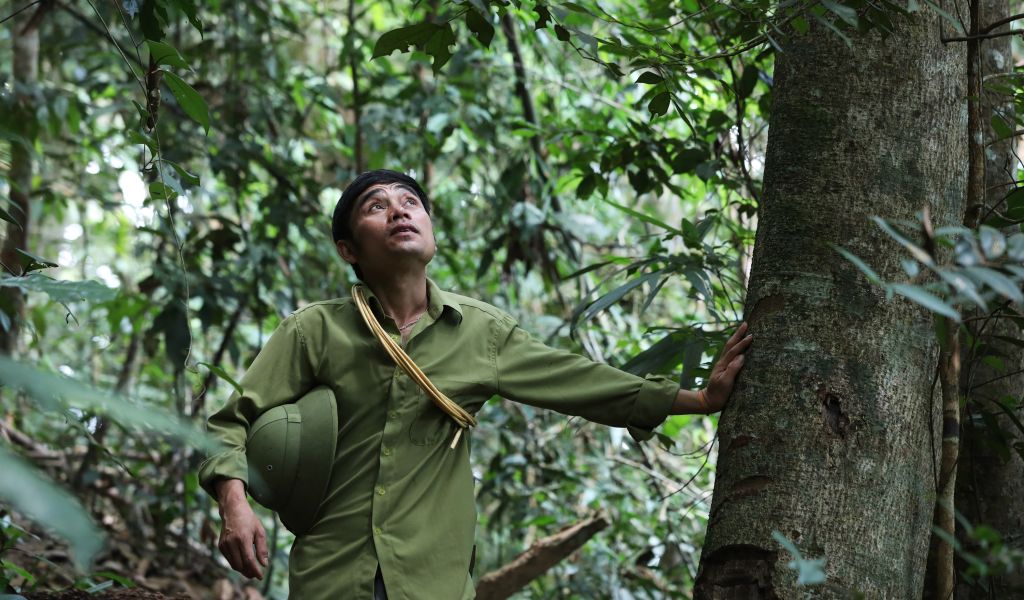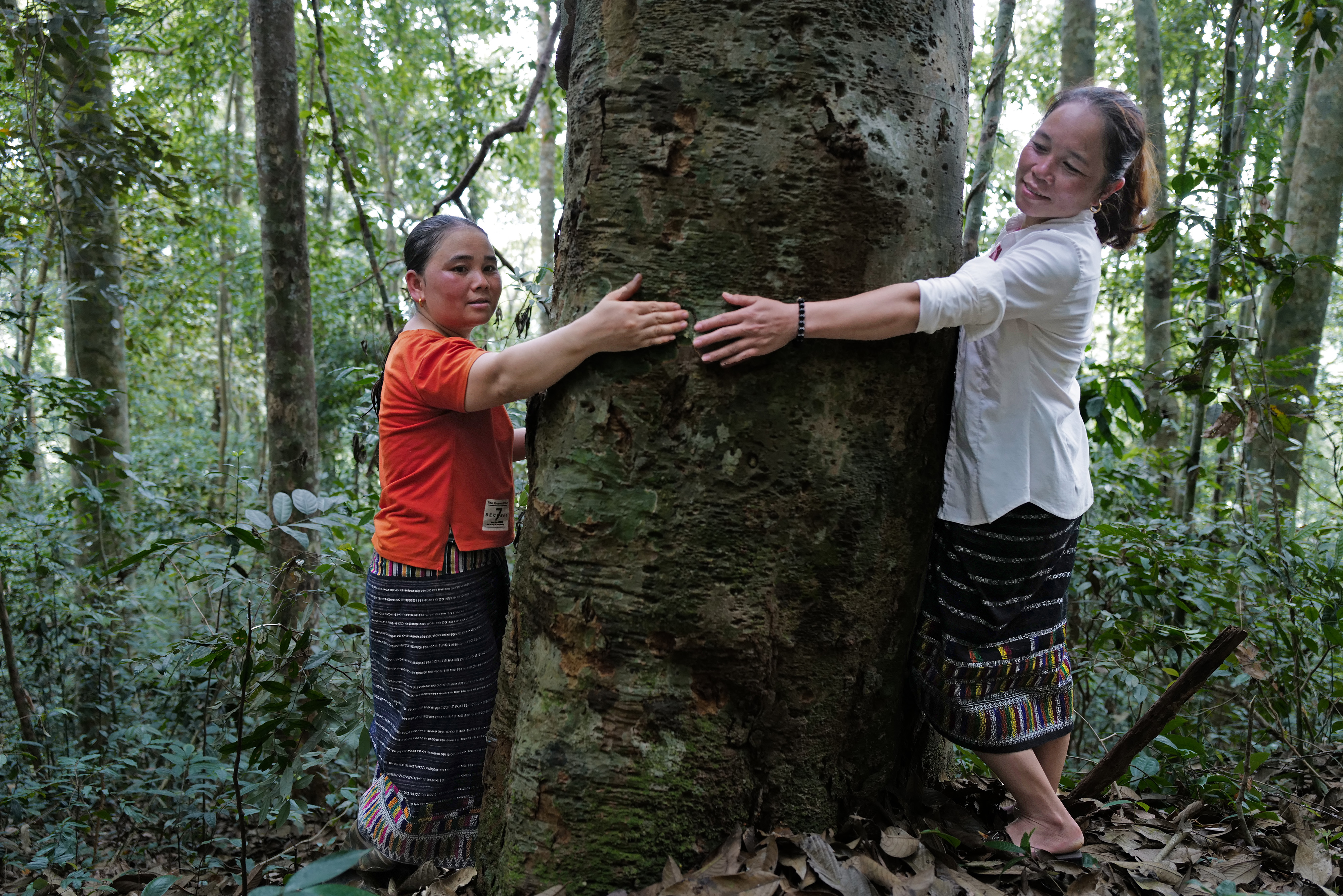A call for inclusive and meaningful engagement towards sustainable forest management

We applaud the global recognition of the role of forests in combating the growing challenges of climate change, land degradation and biodiversity loss. The recently concluded United Nations Forum on Forests (UNFF) 19 was a testament to the world putting pressure towards action and political commitment to achieve the Global Forest Goals (GFGs) 2017 to 2030, the progress of which, according to Director of the UNFF Secretariat Juliet Biao Koudénoukpo, is off-track.
Before countries could commit to the action, they needed to agree on the wording of the commitment. We observe on the sidelines of the UNFF and appreciate the challenge of reaching an agreement on these words, not without trepidation and impatience. After lengthy discussions, we commend the adoption of a high-level declaration and an omnibus resolution on the mid-term review and the UNFF Quadrennial Programme of Work for 2025–2028.
We support the omnibus resolution’s suggested actions especially regarding the involvement of regional and subregional partners, and the involvement of Major Groups and other relevant stakeholders (full summary by IISD here) because the lack of representation from the Major Groups at the UNFF19 was concerning.
The youth were represented through the strong delegation and intervention by the International Forestry Student’s Association (IFSA, timestamp 22:16), but this was not the case for the Indigenous Peoples and the women’s groups. Also missing at the event were the regional forestry organizations.
These Major Groups and regional organizations will be important to achieve the GFGs and inclusionary principles to meet the challenges of climate change, land degradation and biodiversity loss. More regional representation ensures that the diverse perspectives and needs of different regions are considered in global forest management strategies.

We recognize the importance of better inclusion efforts, especially in issues such as climate change and carbon markets. We were lucky to have been invited by the Government of Thailand to share our work on forest landscape restoration in Asia. We work with the Royal Forestry Department, particularly as the secretariat of the Regional Model Forest Network–Asia. Along with the African Forestry Forum, we were notably among the very few regional and sub-regional organizations in attendance.
Concerning GFGs 4 – Mobilizing resources and 5 – Promoting inclusive forest governance, funding is always an issue, which rang true in terms of participation for this year’s UNFF. We saw the overflowing engagement at other events, and even the private sector is increasingly contributing to climate action. With pledges and actions resulting from broader environmental events indelibly linked to forests such as climate change, carbon and biodiversity among others, one can only hope that financing trickles to Major Groups who are the primary movers of GFGs 1 – Reversing forest cover loss; 2 – Improving forest benefits and livelihoods and 3 – Protecting forests and using sustainable forest products. Without the necessary funding, these words alone cannot transform into action and fulfill the GFGs.
I also want to note the strong push to distinguish “local communities” from Indigenous Peoples, an issue that has been raised in the development sector for some years now. Grouping Indigenous Peoples and local communities together may undermine the recognition of Indigenous Peoples’ rights, autonomy and sovereignty. That said, local communities should not be left behind. Ultimately, Indigenous Peoples, local communities, marginalized and under represented groups should be fully included if we are to come close to achieving the global goals and related targets in any sector.
We welcome these spaces and opportunities to collaborate. RECOFTC, through its core funding projects and platforms like the Regional Model Forests Network–Asia, will be there to contribute at the highest level to GFG implementation. But to remain relevant and magnify collective impact, it is critical that players in the forestry sector strategize for more inclusive participation and meaningful engagement especially with non-state actors and regional bodies. Only then can we realize GFG 6 – Cooperating and working across sectors, and speeding up the much-needed progress towards all our GFGs. 2030 is just six years away.
###
David Ganz is executive director at RECOFTC.
The Regional Model Forest Network-Asia is supported by the Global Leadership Program under the Department of Natural Resources, Government of Canada.
RECOFTC’s work is made possible with the support of the Swiss Agency for Development and Cooperation and the Government of Sweden.

